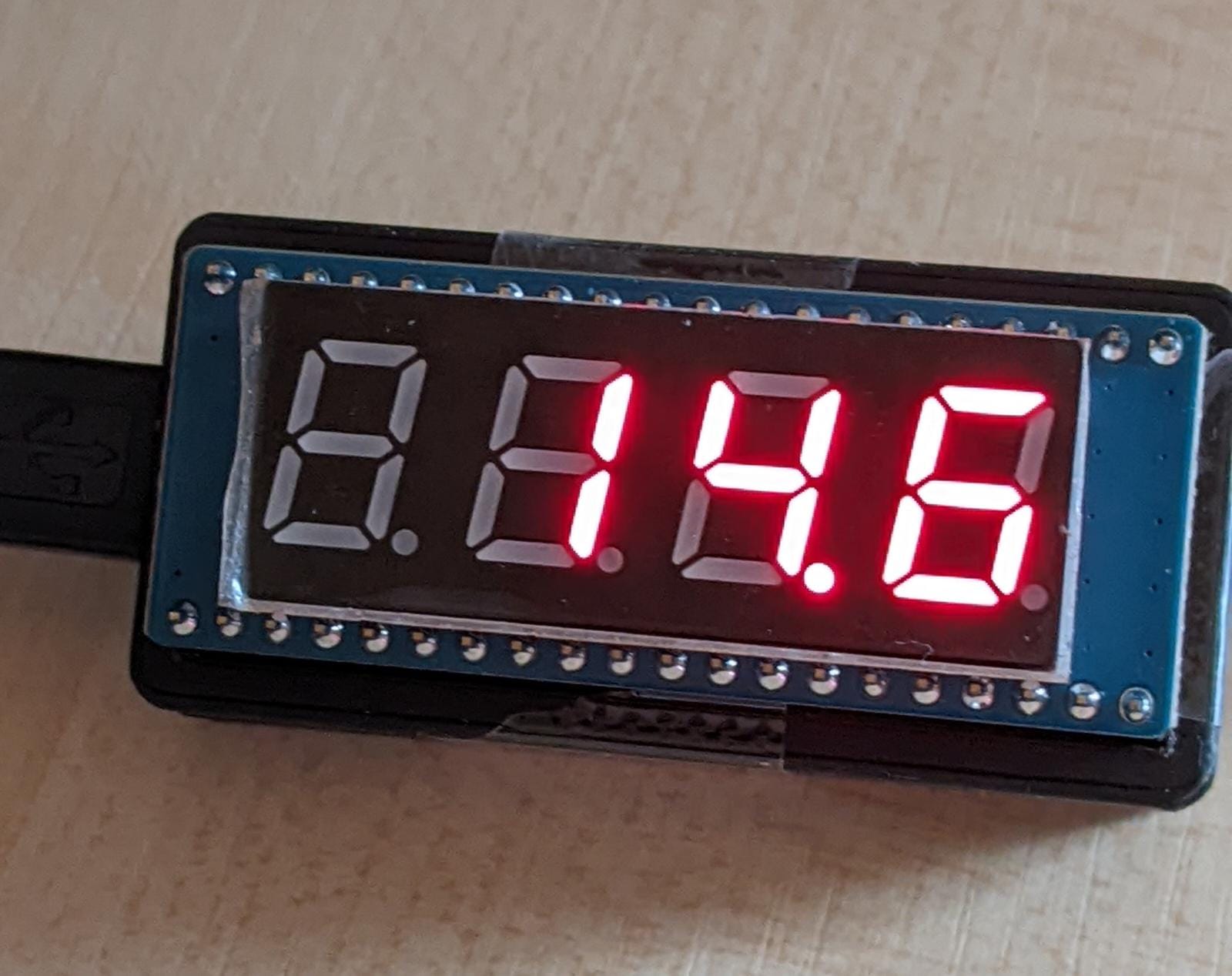Debian 12 und sudo
03.07.2023 - Lesezeit: ~1 Minute
Unbedingt vorher lesen:
Damit meine Ubuntu-Scripts weiterhin funktionieren, muss ich meine Rechte erweitern
In die Datei /etc/sudoers muss diese Zeile eingefügt werden:
wnf ALL=(ALL) ALLDebian 12 und pip
20.06.2023 - Lesezeit: 2 Minuten
https://www.debian.org/releases/bookworm/mips64el/release-notes.de.pdf
5.2.2 Python-Interpreter jetzt als extern verwaltet markiert
Die von Debian angebotenen Python3-Interpreter-Pakete (python3.11 und pypy3) sind jetzt gemäß PEP-668 (https://peps.python.org/pep-0668/) als extern verwaltet markiert. Die Version von python3-pip, die Debian bereitstellt, folgt diesem Konzept und wird es verweigern, Pakete für Debians Python-Interpreter zu installieren, außer die Option --break-system-packages ist angegeben. Wenn Sie eine Python-Applikation (oder -Version) installieren müssen, die nicht in Debian paketiert ist, empfehlen wir, dass Sie es mit pipx (aus dem Debian-Paket pipx) installieren. pipx wird eine Umgebung einrichten, die von anderen Applikationen und systemgebundenen Python-Modulen isoliert ist, und die zusätzliche Python-Applikation wird mit samt ihren Abhängigkeiten in dieser Umgebung installiert. Falls Sie ein Modul (oder eine Version) einer Python-Bibliothek installieren müssen, das nicht in Debian paketiert ist, empfehlen wir, es wenn möglich in eine virtualenv-Umgebung zu installieren. Sie können eine solche Umgebung mit Pythons stdlib-Modul venv (aus Debians python3-venv-Paket) erzeugen oder mit dem Drittanbieter-Werkzeug virtualenv (aus dem Paket virtualenv). Statt also zum Beispiel
pip install --user fooauszuführen, verwenden Sie jetzt:
mkdir -p ~/.venvs && python3 -m venv ~/.venvs/foo && ~/.venvs/foo/bin/python -m pip install foo, um das Modul in eine dedizierte virtualenv-Umgebung zu installieren.
- Weitere Details finden Sie in /usr/share/doc/python3.11/README.venv.
- Eine virtuelle Umgebung für Python erstellen
Raspberry Pi PicoW
19.05.2023 - Lesezeit: ~1 Minute
- Raspberry Pi Pico: Autostart-Programm „main.py“ löschen
- Raspberry Pi Pico: MicroPython installieren und aktualisieren
rpi-imager: Fehler beim Erstellen von firstrun.sh auf der fat-partition
06.05.2023 - Lesezeit: ~1 Minute
https://ninigiku.wordpress.com/2021/12/01/flashing-a-raspberry-pi-image-on-ubuntu/
The flashing of the SD card went ok, but applying the customizations fails with the error: Error creating firstrun.sh on FAT partition (Strangely it can write to the raw device, but it cannot read/write to the mounted filesystem).
The solution The solution luckily is really simple, but it is missed on a lot of forums. Snap installs can be configured using Ubuntu Software. The configuration allows a user to specify what kind of actions are allowed for the snap install. For the Raspberry Pi Imager we need to enable ‘Read/write files on removable storage devices’ as is shown in the image below:
Meine Lösung
Da ich kein Freund von snap bin:
$ sudo snap remove rpi-imager
$ sudo apt install rpi-imagerDrupal 10 "Weiterlesen" ausschalten
30.04.2023 - Lesezeit: ~1 Minute
How can I remove "Read more" link if there is no more content to read?
Startseite Verwaltung Struktur Inhaltstypen
- Inhaltstyp auswählen Einfache Seite
- Anzeige verwalten**
- Benutzerdefinierte Anzeigeeinstellungen
- Anrisstext Haken entfernen
- https://pfiffikus.niederfrohna.de/admin/structure/types/manage/aushang/display
